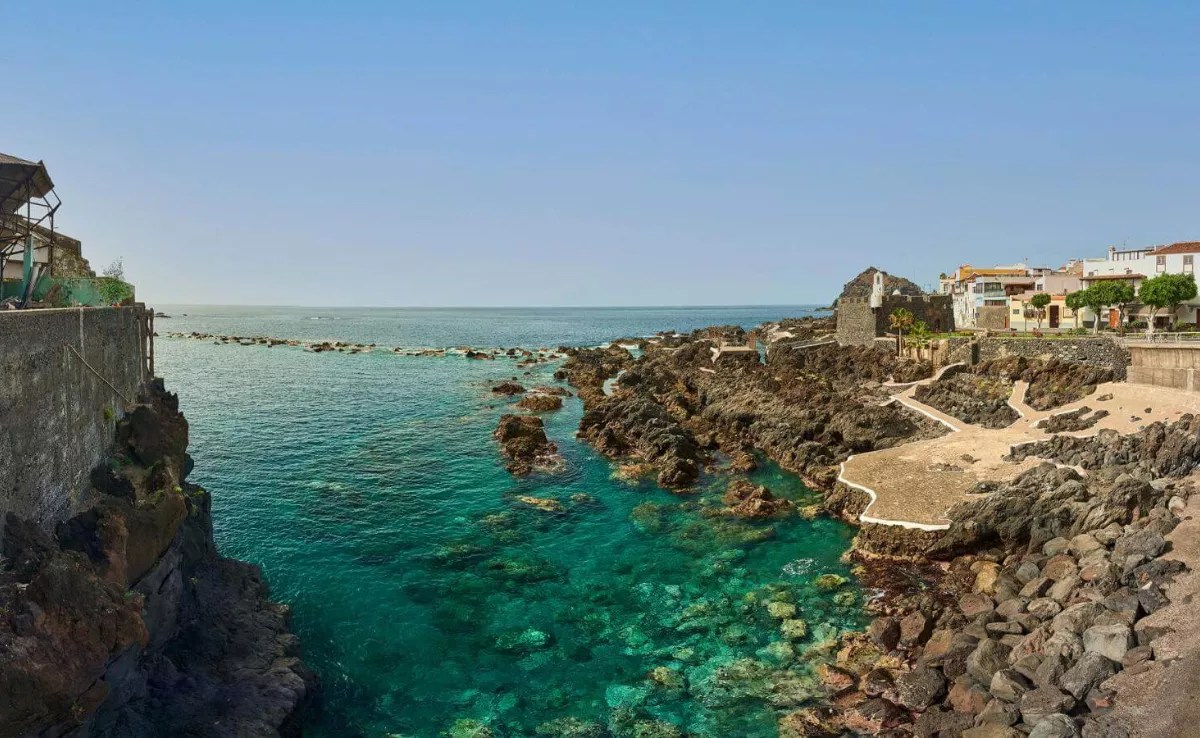The seaplane test flight that the company Surcar Airlines wants to carry out at the beginning of February between Las Palmas de Gran Canaria and Santa Cruz de Tenerife lacks authorization by the Port Authority of Las Palmas despite the fact that the aircraft plans to operate in the port area of the capital of Gran Canaria. The company, which wants to connect the two Canarian capitals for the first time in a pilot experience between February 3 and 4, has exchanged emails and participated in meetings with the administration of the Ports of Las Palmas, but has not yet formally submitted the application.
Surcar Airlines and the Port Authority have maintained work meetings in the last days. During the meetings, the company has disclosed the keys to the project to the administration, but for the moment it has not gone to the entry register to process the application, a step that is essential to be able to carry out the test, according to the President of the Ports of Las Palmas, Luis Ibarra. Company sources assure that they are currently closing the agreements with the administrations and emphasize the “good will” that they have felt in the port entities of the two provinces.
The absence of a formal request prevents the administration from verifying whether Surcar has obtained the license that must be granted by the State air safety agency (TO THAT). Without the request of the airline, the Port Authority Nor can it order the mandatory safety report that the Las Palmas Maritime Captaincy must prepare. In any case, talks will continue next week and Ibarra assures that the Ports of Las Palmas will put “all the means so that the test takes place”.
Complex processing
Aside from the February test, the commercial flights announced for this fall require a administrative processing before the Port Authority that is expected to be complex by the dense maritime traffic of La Luz, a port with nearly 10,000 calls per year that is characterized by alternating merchandise, repair, passenger and nautical docks in its operational docks. In this regard, the main concern in the Gran Canaria capital is to guarantee the operational safety of its traditional business. In the statement with which the airline announced its project, released on Thursday, Surcar assured that it has commissioned a report from the National Institute of Aerospace Technology (INTA) of the Ministry of Defense entitled The use of passenger seaplanes in the ports of Las Palmas de Gran Canaria and Santa Cruz de Tenerife: Safety and non-affectation of port traffic.
At Port of Las Palmas The memory of the landings carried out by the seaplanes of the Military Emergency Unit in the waters of the Port during the fires of the summer of 2019 and the winter of 2020 is present. On those occasions, the Port Authority had to restrict operations at the Marina, because some sailboats left the mouth of the marina to closely observe the operations with the consequent danger of collision.
The Sports Pier has also been pointed out as a possible location for the seaplane base, but its facilities are about to be expanded, with which it will go from 1,000 to 2,000 berths and increase the number of daily operations of small vessels. Not too far away is the Opcsa container terminal, which has also increased its activity in recent times. According to Ibarra, the opening of a regular seaplane line “is complicated, because Las Palmas is a port with great activity.”
Training for pilots
Surcar Airlines, promoted by Canarian investors who had previously tried to introduce seaplanes as a means of transport between the two capitals, has a minority stake in Nordic Seaplanes, a company that currently connects the Danish cities of Copenhagen and Aarhus with identical planes to those planned for the Archipelago. In fact, the pilots who will initially operate the ships destined for the link between Las Palmas de Gran Canaria and Santa Cruz de Tenerife –the first unit should arrive next week– come from this company, although the intention of the Canarian airline is train professionals from the Islands to establish teams of local pilots who in the future can take charge of operations.
















